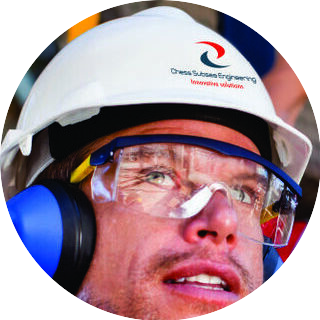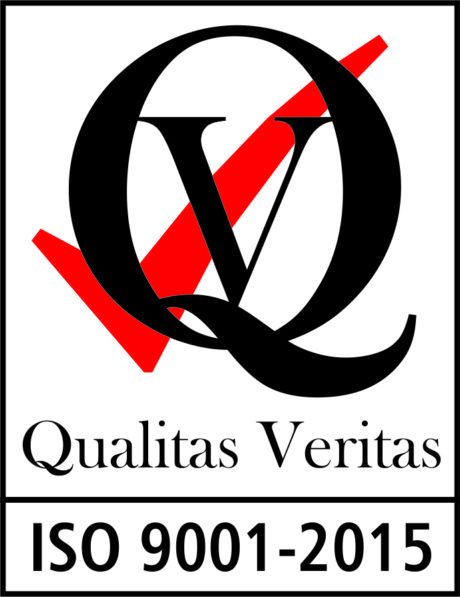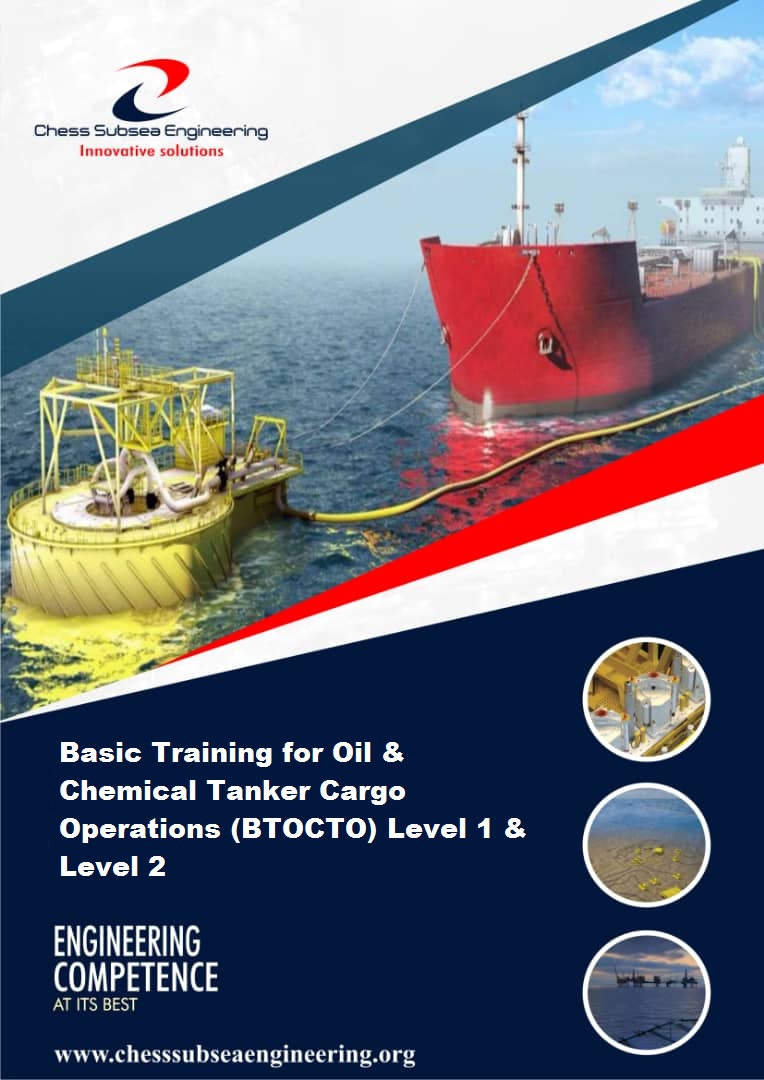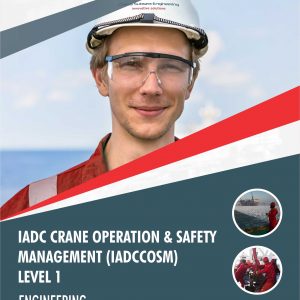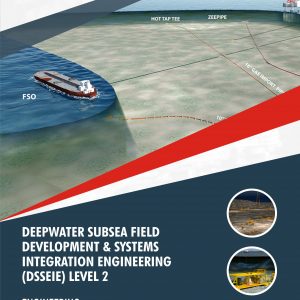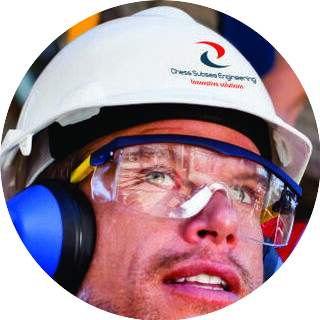Description
Oil and chemical tanker cargo operations refer to the process of loading, transporting, and unloading liquid cargoes on board tankers in the oil and chemical industry. These cargoes can include crude oil, refined petroleum products, chemicals, and liquefied gases.
The cargo handling process typically involves several stages, including pre-loading preparations, loading, in-transit monitoring and unloading. Cargo operations on board tankers require specialized equipment and expertise to ensure the safe and efficient transport of liquid cargoes. This includes cargo pumps, valves, and instrumentation, as well as a highly trained crew with knowledge of the cargo properties and handling procedures.
Safety is a top priority in oil and chemical tanker cargo operations. Tankers are subject to strict regulations and guidelines from international bodies such as the International Maritime Organization (IMO) and must comply with various safety protocols and measures to prevent accidents and protect the environment.
Basic Training for Oil & Chemical Tanker Cargo Operations (BTOCTO) Level 1 & Level 2 provides an overview of all of the functionalities and key interfaces of oil & chemical tanker cargo Operations. It covers basic knowledge of tankers, physical and chemical properties of oil and chemicals, knowledge and understanding of tanker safety culture and safety management, hazards, basic knowledge of hazard controls, rules and regulations, safety (PPE, measuring instruments, entering enclosed spaces, resuscitators, rescue and escape equipment, safety for hot and cold works, electrical safety , MSDS), fire safety and firefighting operations, cargo operations, emergencies for oil and chemical tankers, pollution prevention, case studies on oil and LNG ship emergencies and more.
Course Outlines
Basic knowledge of tankers
Physical and chemical properties of oil and chemicals
Knowledge and understanding of tanker safety culture and safety management
Hazards
Basic knowledge of hazard controls
Rules and regulations
Safety (PPE, measuring instruments, entering enclosed spaces, resuscitators, rescue and escape equipment, safety for hot and cold works, electrical safety , MSDS)
Fire safety and firefighting operations
Cargo operations
Emergencies for oil and chemical tankers
Pollution prevention
Case studies on oil and LNS ship emergencies
Assessment
Students underpinning knowledge of oil & chemical tanker cargo Operations will be assessed using questioning during the training and a short answer multiple-choice questionnaire at the conclusion of the course.
Outcome
By the end of the course, delegates will have an indebt understanding of oil & chemical tanker cargo Operations and safety. They will also be able to function with minimum supervision as a Marine Engineer for IOCs or Marine Cargo contractors.
Professional Certificate
Issued directly by Chess Subsea Engineering Europe.
Participant may be presented for Offshore Petroleum Training Organization (OPITO) Certification.
How to Register
Click here to download registeration booklet on msword and email completed booklet to info@chesssubseaengineering.org directly.

